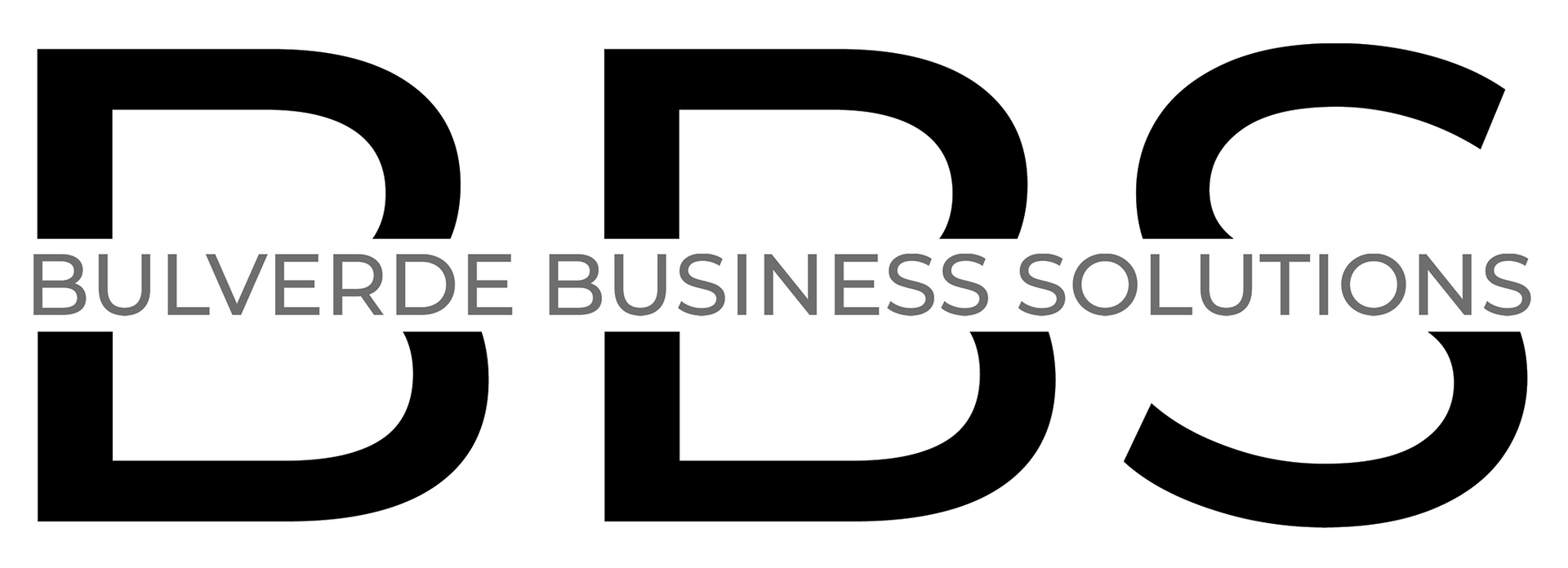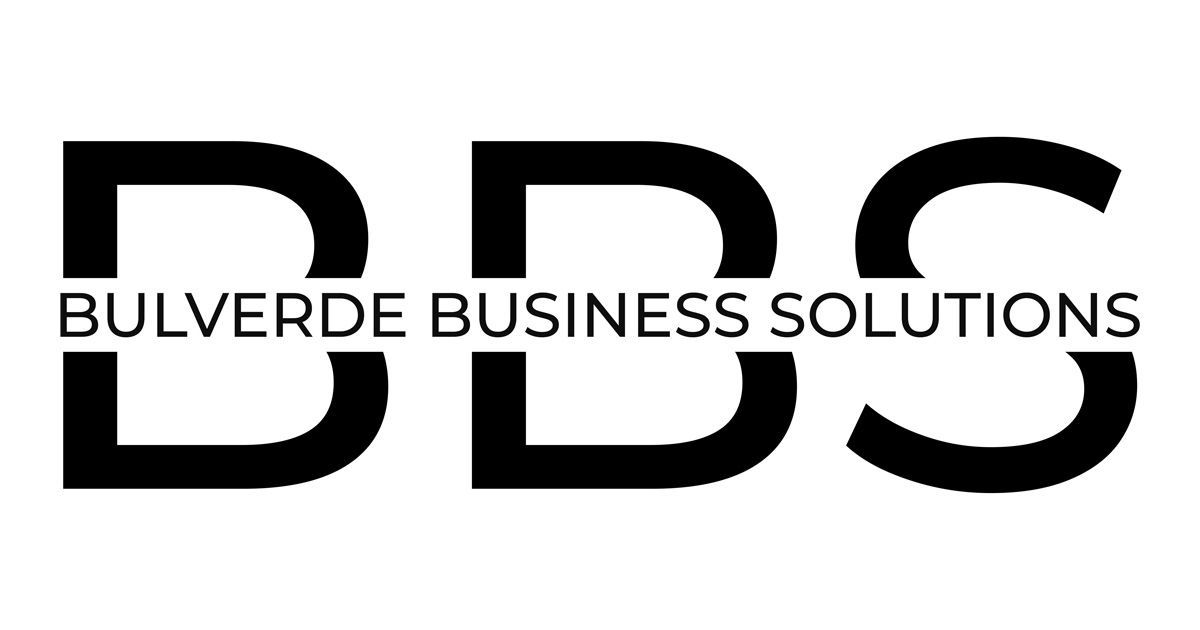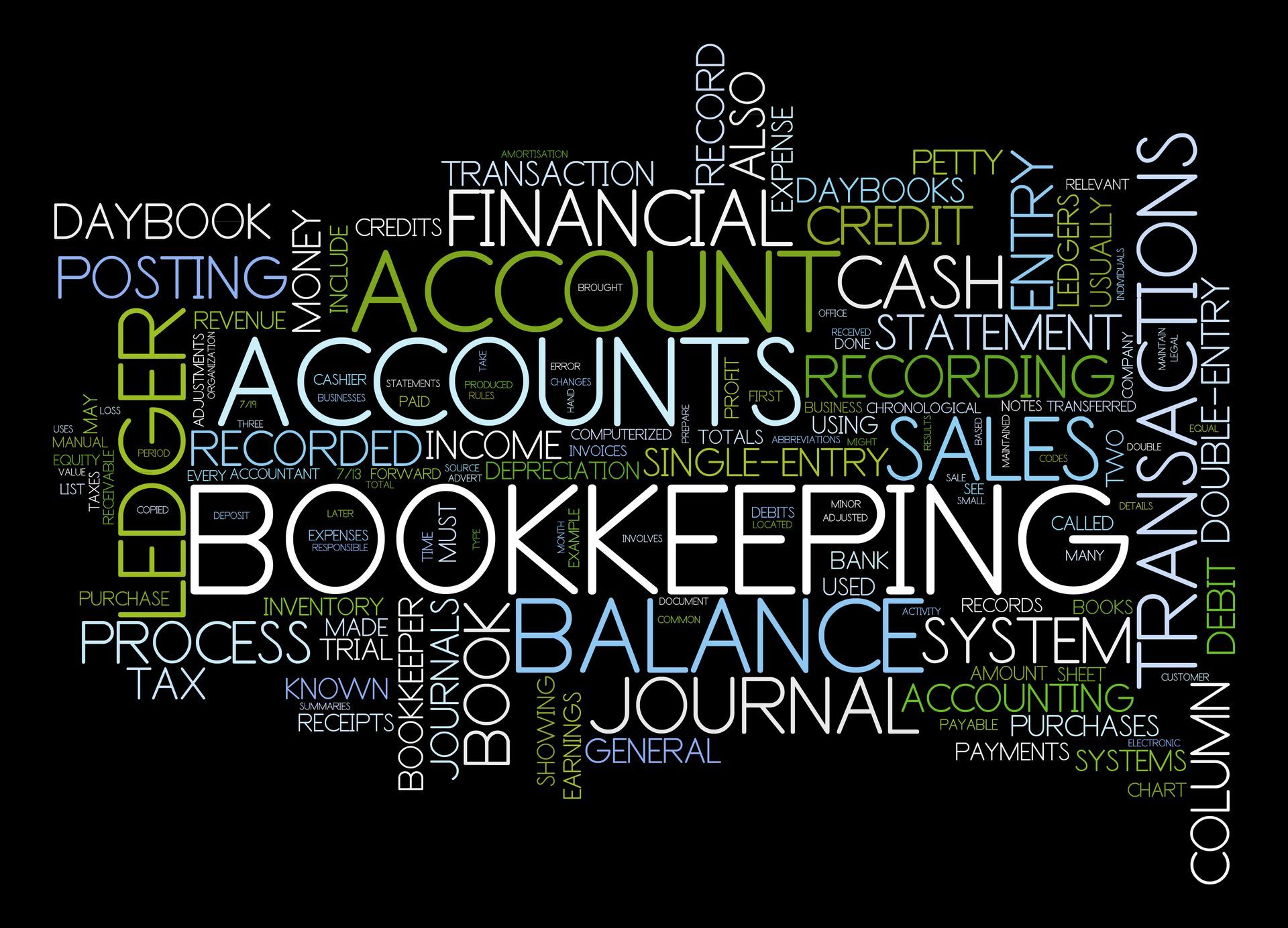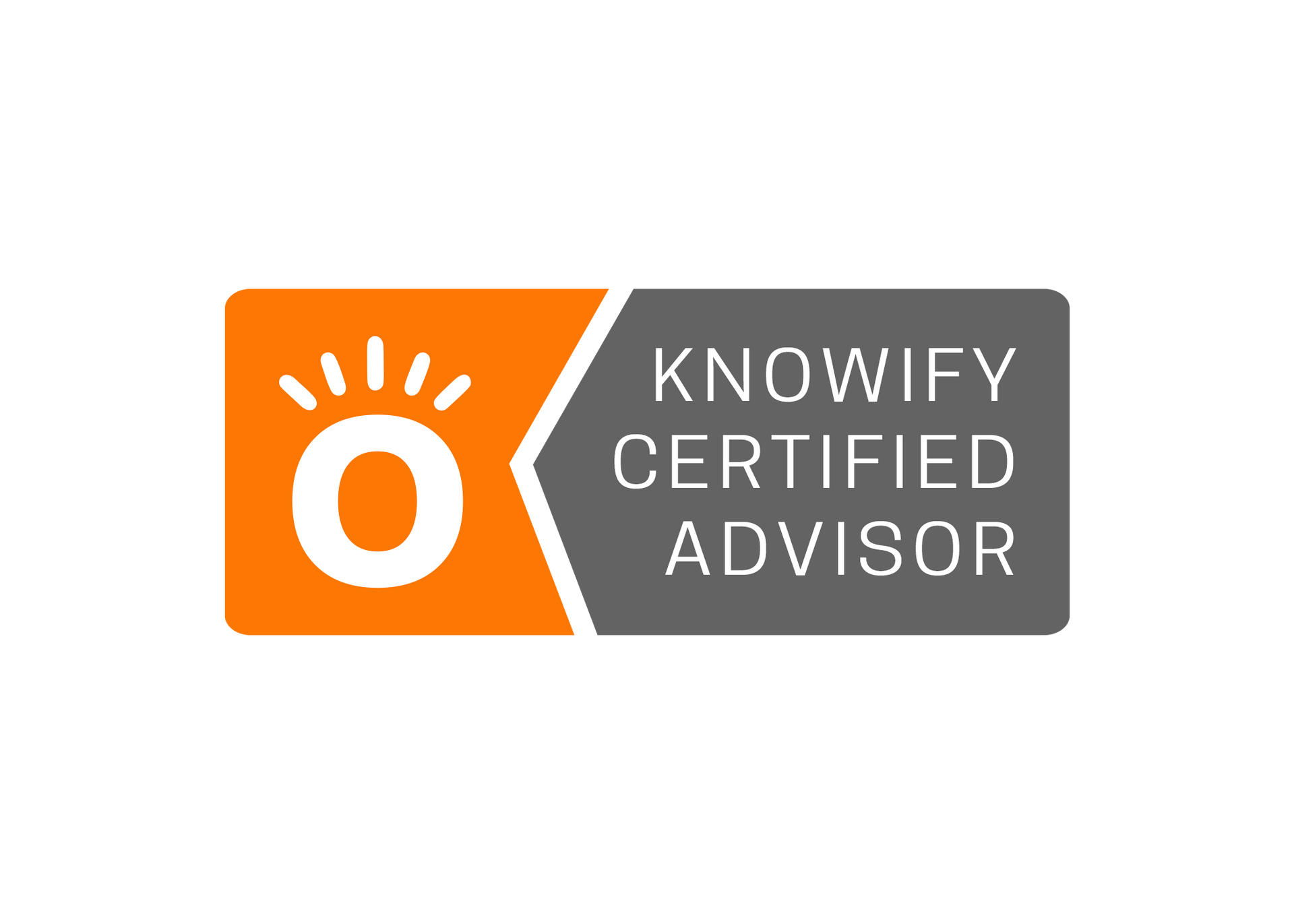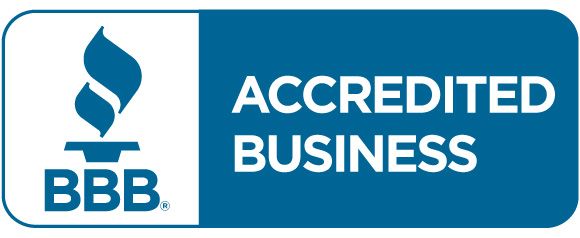Introduction to Accounting in Commercial Construction
Accounting in Commercial Construction: Mastering Financial Management for Success
Unlocking the Basics of Construction Accounting
Accounting in commercial construction plays a pivotal role in the management and execution of construction projects. It involves the detailed recording, analyzing, and reporting of financial transactions related to construction projects. This practice ensures that projects are completed within budget and on time while maximizing profitability and financial stability.
The Importance of Accounting in the Construction Industry
Accounting is the backbone of the construction industry's financial health, providing insights into financial planning, analysis, and risk management. Effective accounting practices enable construction firms to make informed decisions, forecast future financial needs, and manage potential risks associated with large-scale projects.
Key Accounting Principles for Commercial Construction
Understanding the fundamental principles, such as revenue recognition and cost management, is crucial for accurately tracking the financial performance of construction projects. These principles ensure that income and expenses are recorded in the correct accounting periods.
Types of Accounting Methods in Construction
The choice between cash basis and accrual basis accounting methods can significantly affect the financial reporting and management of construction projects. Each method offers distinct advantages and considerations for construction businesses.
Project Cost Management
Effective cost management strategies, including budgeting and cost tracking, are essential for controlling expenses and enhancing the profitability of construction projects. These practices help identify and mitigate potential budget overruns.
Accounting for Contracts
Commercial construction accounting must accommodate various contract types, including fixed-price and cost-plus contracts. Understanding the financial implications of each contract type is vital for accurate billing and revenue recognition.
Overhead Expenses in Construction Accounting
Allocating and managing overhead expenses is a complex but necessary aspect of construction accounting. Accurate calculation and allocation of these costs are crucial for understanding the true cost of projects.
Labor Cost Accounting in Commercial Construction
Labor costs, including direct and indirect labor, represent a significant portion of construction project expenses. Proper accounting for these costs is essential for project budgeting and financial analysis.
Materials and Inventory Management
The procurement, storage, and usage of materials must be meticulously managed and accounted for in commercial construction. Effective inventory management practices can reduce waste and ensure projects remain within budget.
Accounting Software for Commercial Construction
Leveraging specialized accounting software can streamline financial management processes, improve accuracy, and provide real-time financial insights for construction businesses.
Financial Reporting and Analysis
Comprehensive financial reporting and analysis, including balance sheets and income statements, offer valuable insights into the financial health and performance of construction projects and businesses.
Taxation in Commercial Construction Accounting
Navigating the complex landscape of taxation, including understanding tax deductions and compliance requirements, is essential for minimizing liabilities and ensuring regulatory compliance.
Compliance and Regulatory Issues
Construction firms must adhere to a range of local and international regulatory standards. Compliance is not only a legal requirement but also a critical component of financial and operational integrity.
Best Practices for Construction Accounting
Implementing best practices, such as establishing robust internal controls and conducting regular financial audits, can enhance the accuracy and reliability of construction accounting processes.
Challenges in Construction Accounting
Commercial construction accounting faces unique challenges, including managing the financial complexities of large-scale projects and mitigating financial risks. Addressing these challenges requires specialized knowledge and strategies.
The Role of a Construction Accountant
The construction accountant plays a crucial role in the financial management of construction projects, requiring a specific set of responsibilities and skills to navigate the unique aspects of construction accounting.
Future Trends in Construction Accounting
Emerging trends, such as the integration of technology and a focus on sustainability, are shaping the future of construction accounting. Adapting to these trends is essential for staying competitive and financially healthy.
Conclusion and Key Takeaways
Accounting in commercial construction is a critical function that supports the financial success and sustainability of construction projects. By mastering the principles and practices outlined, construction firms can achieve greater financial control, efficiency, and profitability.
Stay tuned for future posts where we'll dive deeper into these topics and explore the intricacies of accounting in commercial construction, and how it impacts the industry's financial landscape. If you have any questions or need assistance with your construction accounting needs, feel free to contact us for a consultation.
Get a Free Consultation
Accurate, weekly bookkeeping tailored to small business owners—so you can grow with confidence.
Latest Posts

